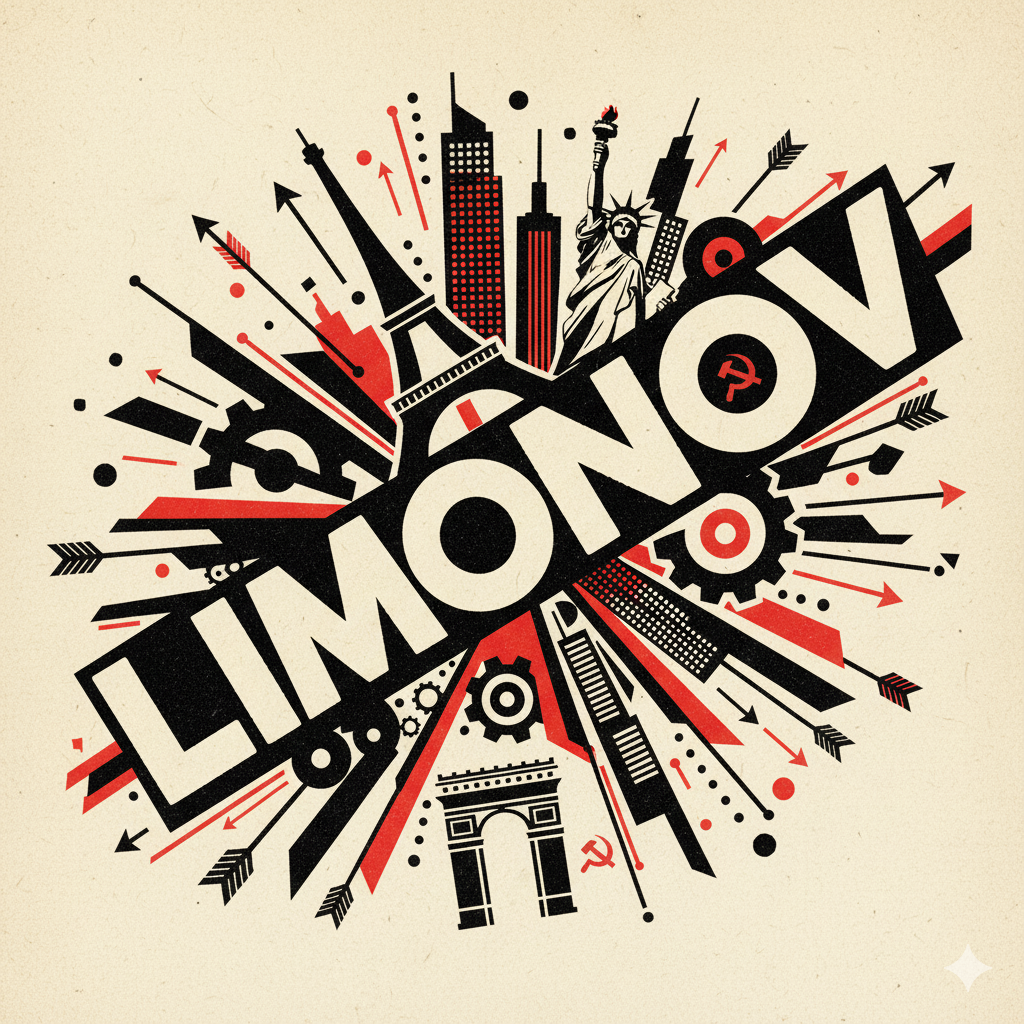Patrick Modiano (born 1945) is one of France's most celebrated contemporary authors, awarded the Nobel Prize in Literature in 2014 for his “art of memory.” His work consistently explores the shadows of the past, particularly the Occupation period.
Pour que tu ne te perdes pas dans le quartier, published in 2014, tells the story of Jean Daragane, a writer in his sixties living alone in Paris. When a stranger calls to return his lost address book, this seemingly mundane event triggers an unsettling journey into buried memories. The mysterious caller, Gilles Ottolini, shows particular interest in a name from Daragane's past, forcing the writer to excavate fragments of his childhood spent with a woman named Annie in 1950s suburban Paris.
Written in Modiano's signature dreamlike prose, the novel flows between past and present with the fluid logic of memory itself. His sentences have a hypnotic, almost musical quality that draws readers into the protagonist's psychological landscape. The narrative unfolds like a detective story, but one where the mystery lies not in external events but in the workings of time and recollection. Modiano's deceptively simple yet deeply evocative style creates an atmosphere of melancholy and nostalgia that feels both specific to post-war France and universally human.
Through Daragane's reluctant investigation into his own past, the novel becomes a meditation on the fragility of memory, the weight of childhood experiences, and the search for lost time. Certain moments—preserved like photographs in an old address book—can suddenly resurface to illuminate forgotten corners of the self. Pour que tu ne te perdes pas dans le quartier stands as both an accessible introduction to Modiano's work and a masterful example of his ability to transform personal archaeology into universal literature about memory and belonging.








